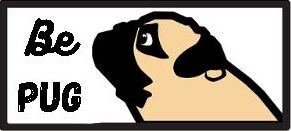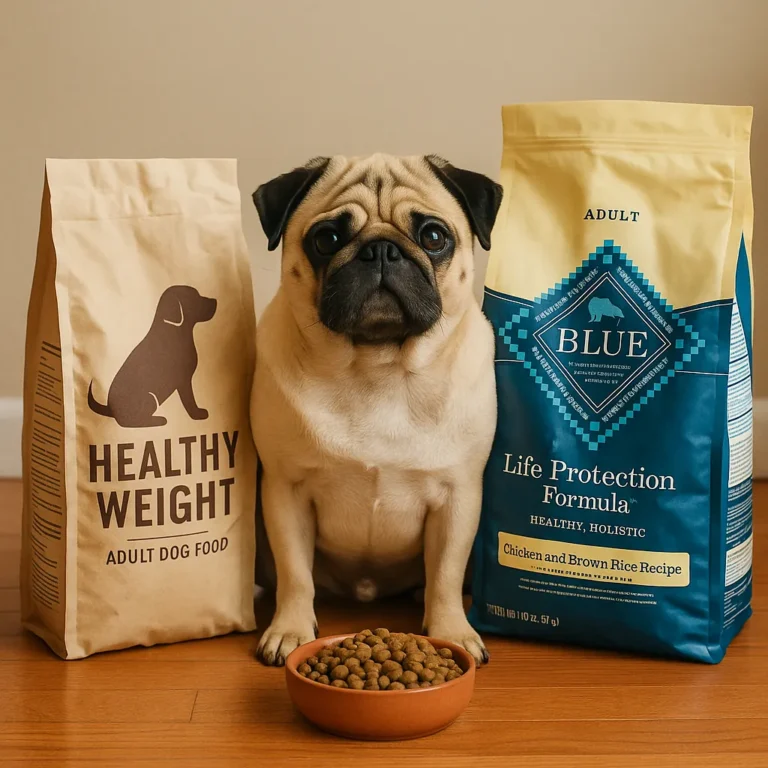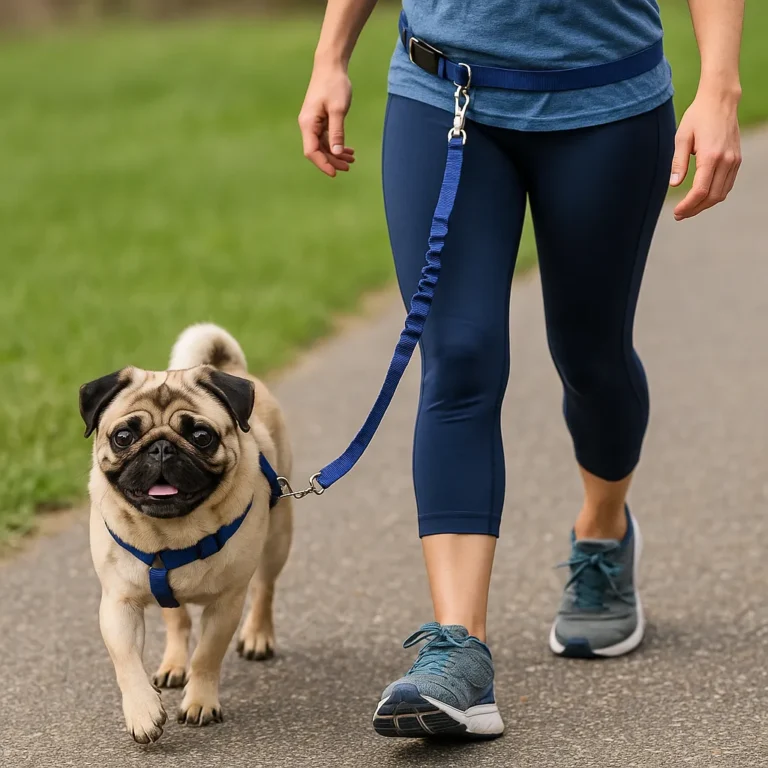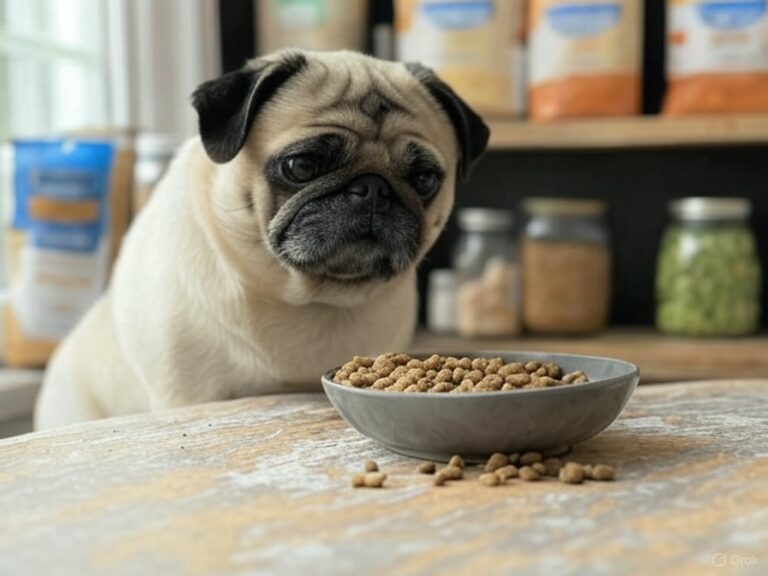Why Vitamin B Is Important for Your Pug’s Health
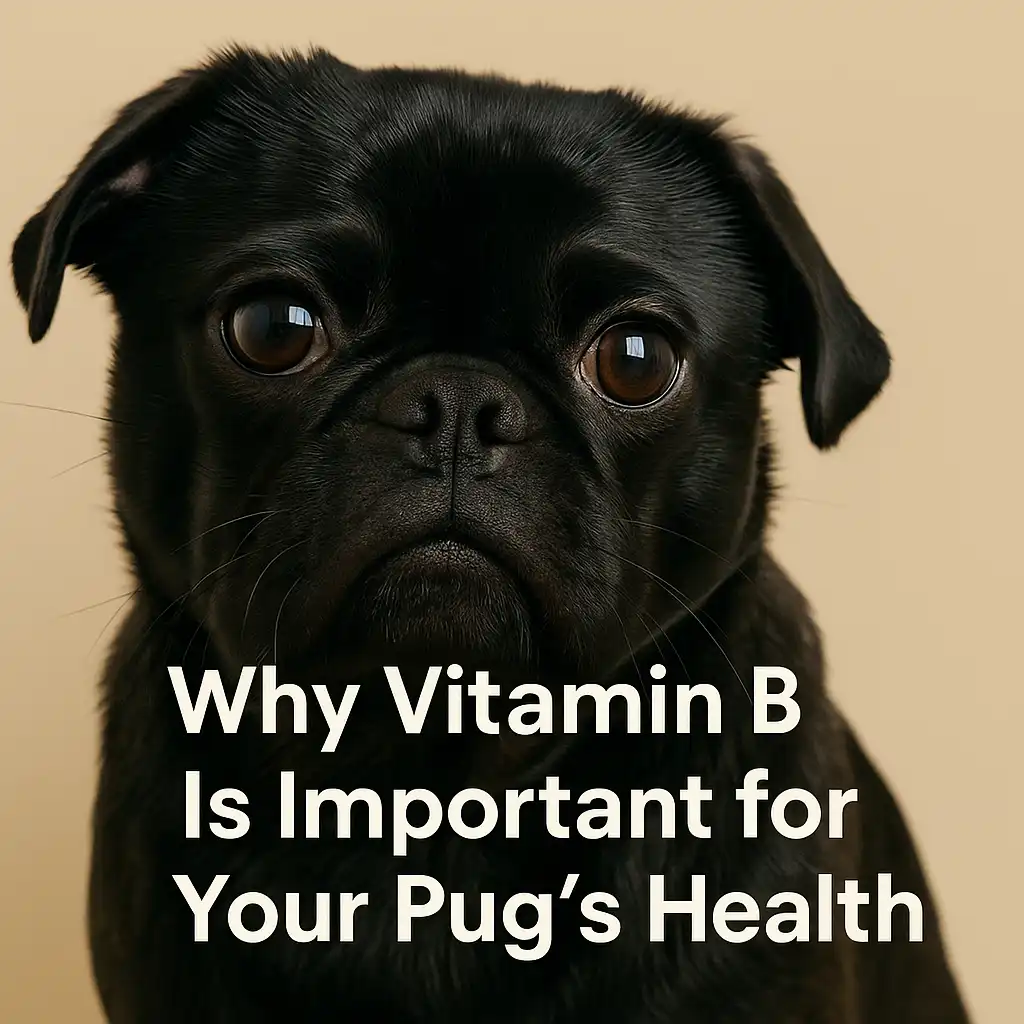
Vitamin B plays a crucial role in the overall health of dogs, especially breeds like pugs that have unique nutritional needs. With their compact size, sensitive digestion, and predisposition to certain health conditions, pugs can greatly benefit from the proper intake of B-complex vitamins. From supporting energy metabolism to promoting skin health, these essential nutrients can be a valuable part of your pug’s daily care.
Understanding the Role of Vitamin B in Dogs
Vitamin B is not a single nutrient but a group of water-soluble vitamins known as the B-complex. This group includes vitamins B1 (thiamine), B2 (riboflavin), B3 (niacin), B5 (pantothenic acid), B6 (pyridoxine), B7 (biotin), B9 (folic acid), and B12 (cobalamin). These vitamins help convert food into energy, support brain function, and aid in red blood cell production.
Dogs, including pugs, typically get their vitamin B from a balanced diet, but certain factors like age, health conditions, or stress may lead to deficiencies. Supplementing with vitamin B can help address these gaps, especially for pugs prone to skin issues or digestive problems.
Benefits of Vitamin B for Pugs
Pugs are known for their charming personalities and distinctive appearance, but they also come with some health challenges. The B-complex vitamins can offer multiple benefits tailored to a pug’s needs:
- Energy and Vitality: Vitamin B1 and B2 support metabolism, helping your pug stay active and alert.
- Healthy Skin and Coat: Biotin and B3 are known for improving skin health and reducing itchiness, a common concern for pugs.
- Digestive Support: B6 helps maintain a healthy digestive system, important for pugs with sensitive stomachs.
- Cognitive Function: B12 plays a key role in brain health, especially for aging pugs who may experience cognitive decline.
- Immune Boost: The entire B-complex contributes to a stronger immune response, keeping your pug resilient against illnesses.
Signs Your Pug Might Need More Vitamin B
While most high-quality dog foods are formulated with adequate levels of B vitamins, some pugs may still show signs of deficiency. Look for symptoms such as low energy, poor coat condition, flaky skin, or digestive issues. If your pug is a senior, pregnant, or recovering from illness, they may also benefit from additional vitamin B support.
However, always consult your veterinarian before adding supplements to your pug’s diet. Too much of certain B vitamins can lead to imbalances, especially if combined with other fortified foods or supplements.
Natural Sources of Vitamin B
The best way to ensure your pug gets enough vitamin B is through a balanced diet. High-quality commercial dog foods typically contain adequate B-complex vitamins, but you can also look for natural sources such as:
- Liver and organ meats
- Eggs
- Salmon
- Leafy greens (in moderation and cooked)
- Brewer’s yeast (used carefully)
If you’re considering a vitamin B supplement, choose one specifically formulated for dogs and ideally approved by your vet.
Conclusion
So, is vitamin B good for dogs—particularly pugs? Absolutely. This essential group of nutrients can enhance your pug’s energy, skin health, and overall wellness. While most pugs receive enough B vitamins from their food, supplements may be helpful in certain situations. Always keep your vet in the loop to ensure your pug stays happy, healthy, and full of life.
